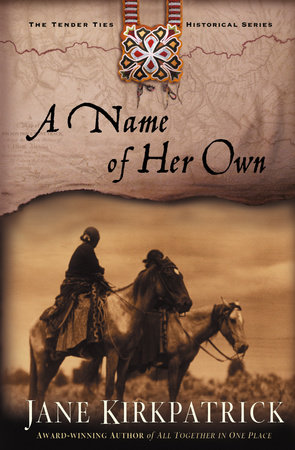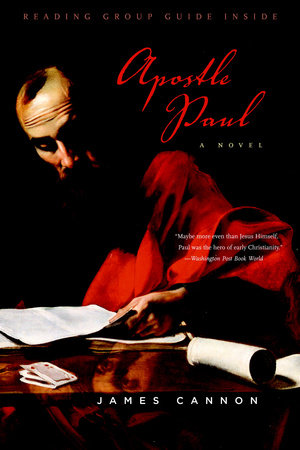

Apostle Paul
By James Cannon
By James Cannon
Category: Spiritual Fiction | Historical Fiction | Literary Fiction

-
May 28, 2013 | ISBN 9781586422226
YOU MAY ALSO LIKE

Potiphar’s Wife

Sarah
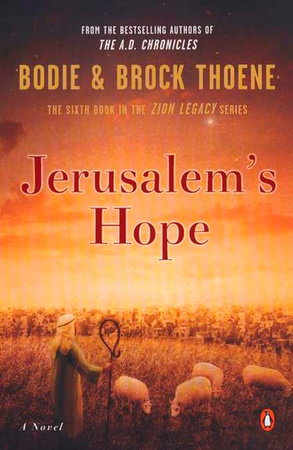
Jerusalem’s Hope

A Gathering of Finches
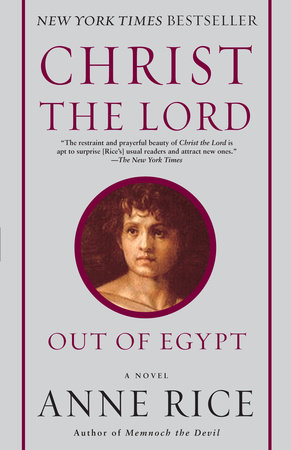
Christ the Lord: Out of Egypt
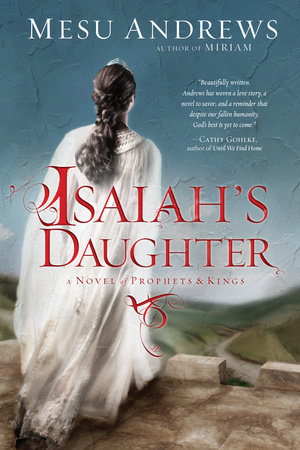
Isaiah’s Daughter
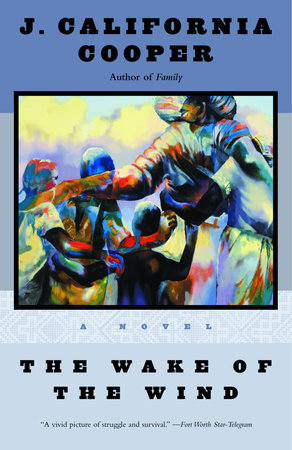
The Wake of the Wind
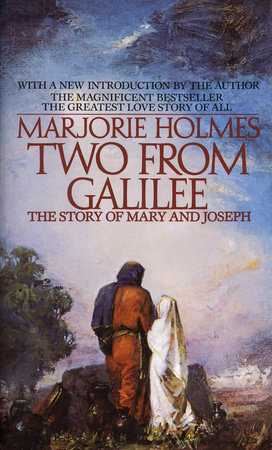
Two From Galilee

Isaiah’s Legacy
Praise
“Maybe more even than Jesus himself, Paul was the hero of early Christianity. He was the one who took an obscure Jewish sect that looked destined for extinction and turned it into a worldwide movement. Along the way he seems to have lived a life of high adventure, from his Damascus Road conversion and his travels to the far corners of the empire to his execution in Rome as one of the church’s first martyrs . . . Ambition, indeed, is at the core of Cannon’s Paul, who goes from being an ardent Hellenist to a hard-line Pharisee to a full-fledged Christian convert with hardly so much as a backward glance.”
—Washington Post
“This is a splendid work of disciplined imagination, giving flesh to a complex man who sought to live by the Spirit.”
—Kenneth L. Woodward, longtime Religion Editor of Newsweek and author of Making Saints
“An epic drama of the legendary disciple who carried the voice of Christianity to the world.”
—Reverend Margaret Graham, Rector of St. John’s Church in Georgetown
“Jim Cannon has transformed the few bits of historical information we have about Paul into a very readable fictional account of the Apostle’s life and times. Not portrayed as a stained-glass saint, the Paul of this story is convincing for his human characteristics of ambition, vanity, and jealousy. More than being standalone books in the bible, Paul’s epistles appear in the context of stories. Apostle Paul is a well-written, fast-moving dramatization that explains Christianity’s most important thinker and actor in understandable terms.”
—John C. Danforth, former U.S. Senator, U.N. Ambassador and ordained Episcopal minister
“James Cannon’s Apostle Paul is a story that has needed telling and a book that has needed writing. The author’s imaginative and sensitive story telling presents Paul the Apostle in perhaps the most human, engaging and down-to-earth way than ever done before. This book is a breakthrough in the Pauline literature of the ages. It is a wonderful read for scholars and laity alike . . . for all whose lives have been touched by the life and leadership of Paul from Tarsus, anchorman of Christianity.”
—Sanford Garner, Provost, Washington National Cathedral
“James Cannon is an extraordinary person, the depth of his interest is remarkable. His insights into government, philosophy and religion are also remarkable and I am glad that this book will permit many to share his strengths.”
—Senator Howard H. Baker, Jr.
“A provincial Jewish intellectual sets out in life to kill Christians and ends by making Christianity the triumphant faith of the western world. Cannon’s novel makes this passionate and baffling mystic totally and plausibly human.”
—Russell Baker
21 Books You’ve Been Meaning to Read
Just for joining you’ll get personalized recommendations on your dashboard daily and features only for members.
Find Out More Join Now Sign In








